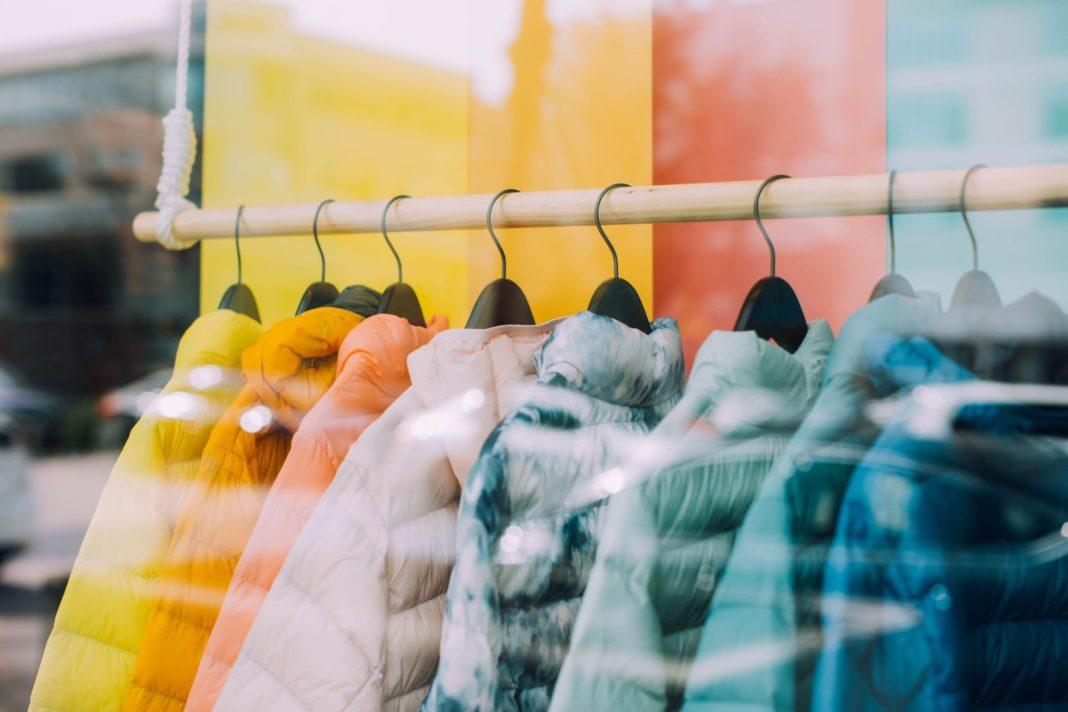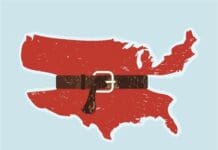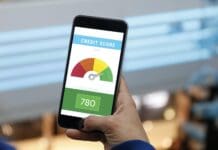Retail sales slightly increased in August, even amid a suggested consumer confidence drop, surprising some economists who forecasted a fall in retail sales last month. This increase is likely because of the back-to-school season, which saw many families buying many school products and clothes for those heading back to school — some for the first time in over a year. Child tax credit payments from the government possibly also helped during this back-to-school season, as more families had extra cash in their pocket to spend. As a result, this positive news could help the economy from slowing down in the last few months of the year.
According to data released by the Commerce Department, retail sales rose by about 0.7% in August. In July, retail sales declined massively by about 1.8%. Online retail sales, meanwhile, increased by 5.3% in August; in July, they fell by 4.6%. Currently, retail sales have increased by about 15.1% compared to 2020 sales. Compared to pre-pandemic sales, current retail sales are 17.7% higher.
The back-to-school season definitely helped retail sales increase in the third quarter, especially after economists anticipated another drop in sales. For many students, this is the first time they are returning to in-class learning in more than a year. Therefore, many people spend more money ensuring that they, or their student, were accurately ready for the new school year — with new clothing and all.
Retail sales were mainly driven by online sales. Sales of cars and automobiles continued to decline massively, especially as automakers struggle during a global chip shortage which has greatly impacted their inventory and factory production. Cars have also surged in price as a result, which possibly keeps many consumers from purchasing a new car.
A good back-to-school season is always beneficial for the economy, especially as it tends to correlate to how the holiday season at the end of the year will be. All signs, therefore, point to a good holiday season in 2021.
All of this new data comes amid a suggested consumer confidence slump. Previously, data revealed that many consumers were concerned about the Delta variant, as well as many other economic issues. This drop in consumer confidence tends to reflect how people spend money at businesses — and how the economy grows. If people are concerned about the future, they are less likely to willingly spend money.
There were also many signs that the economy was slowing down. Consumers have switched from spending money on goods to now spending money on services. Despite this retail sales gain for August, this still seems to be true. However, the back-to-school season may have helped stop this economic slowdown, even amid many Delta variant concerns that many people have.
Now, as the holiday season slowly begins, retail sales may continue to increase with each month. However, if Delta concerns continue to grow and impact consumer confidence, sales could end up slowing down once again before the holiday season and the end of the year.












